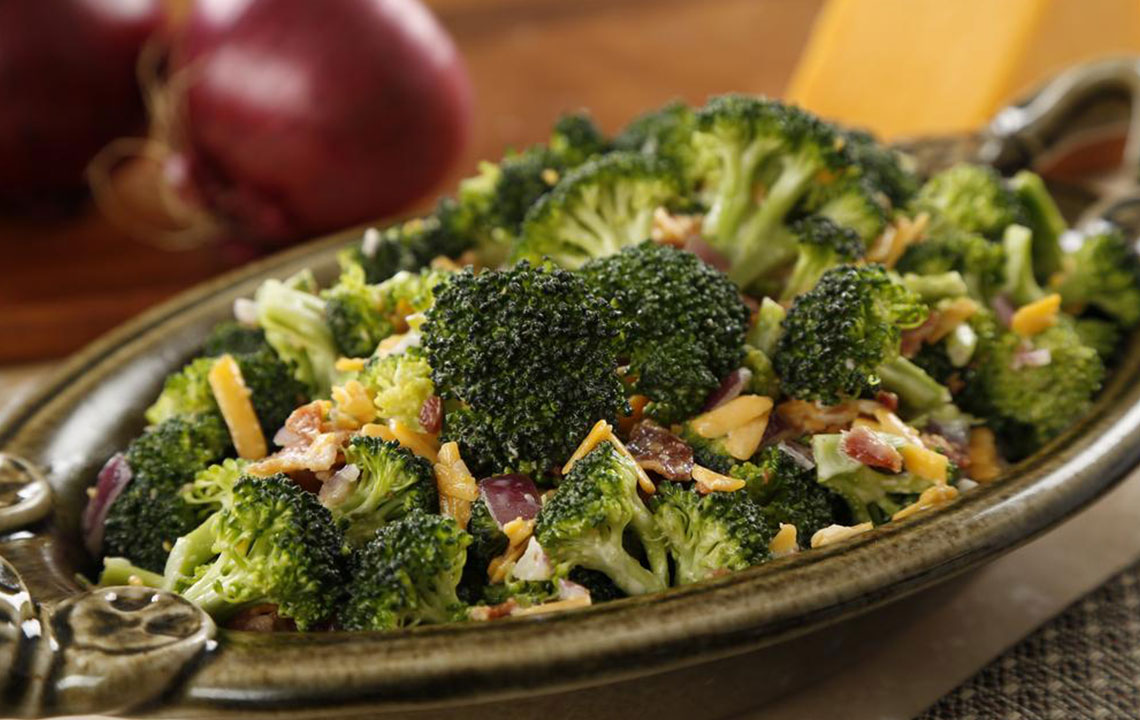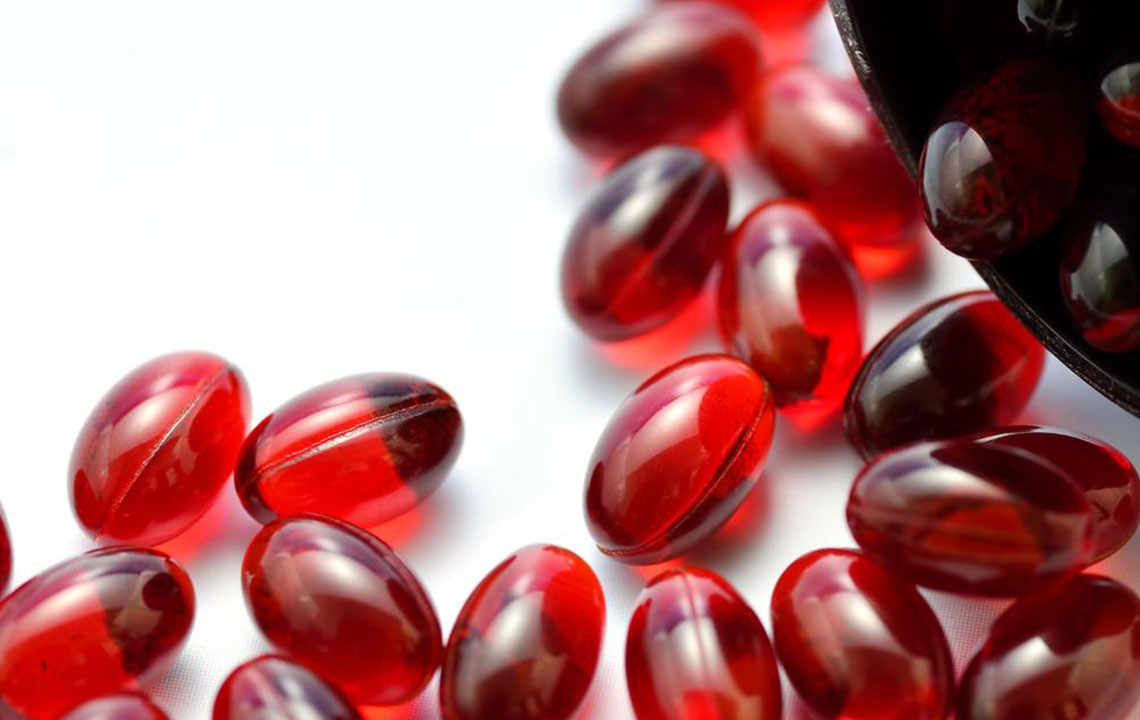Diet Tips for Managing Irritable Bowel Syndrome Symptoms
This article provides comprehensive dietary tips for managing irritable bowel syndrome, including foods to avoid and consume. It highlights the impact of FODMAPs and offers practical advice to alleviate symptoms through diet and lifestyle changes. Suitable for IBS sufferers seeking symptom relief and better lifestyle practices.

Guidelines on Foods to Consume and Avoid for IBS Relief
Best dietary choices and restrictions for individuals with irritable bowel syndrome
Many people diagnosed with irritable bowel syndrome (IBS) often struggle to identify which foods help or worsen their condition. Symptoms like constipation, diarrhea, stomach pain, and bloating vary among sufferers. Knowing which foods to include or avoid can help manage these symptoms effectively. In this guide, we categorize foods into three groups: those that may trigger IBS, those that may aggravate its symptoms, and foods that can offer relief.
Potential triggers for IBS include:
Breads made from refined grains
Processed snacks like cookies and chips
High-protein diets
Cheese and other dairy products
Foods high in insoluble fiber, such as vegetable skins and certain fruits
Fruits and foods containing excess fructose
Alcoholic beverages and carbonated drinks
Chocolate
Caffeinated drinks like coffee
Fried and fatty foods
To minimize discomfort, avoid large meals, eat slowly, and refrain from eating while working. Those with gluten sensitivities should opt for rice-based alternatives. Instead of heavy meals, try distributing your intake into smaller, more frequent portions—such as three to six per day.
Additionally, avoid rushing through meals. Consuming high-fat foods can overstimulate your digestive system. For constipation, breakfast is crucial as it can stimulate bowel movements.
Foods that may worsen IBS symptoms
Research from Australia highlights that certain short-chain carbohydrates, known as FODMAPs, may exacerbate IBS. These fermentable sugars aren’t well absorbed in the small intestine and are rapidly fermented by gut bacteria, producing gas and bloating. About 75% of IBS patients respond positively to reducing FODMAP intake, improving their quality of life. Long-chain carbs, such as those in foods like broccoli, onions, beans, and wheat germ, are better tolerated and can promote healthy digestion.
To manage symptoms, incorporate more long-chain carbohydrate foods which support regular bowel function. Avoid trigger foods that increase gas and bloating, such as cabbage, raisins, and Brussels sprouts.
Foods recommended for IBS management
Whole wheat bread in moderation
Barley
Oats
Whole-grain pasta
Brown rice
Flesh and dried fruits
These choices are rich in soluble fiber, aiding stool formation and ease of digestion.
Good eating habits include portion control, drinking water around meal times (not during), and avoiding temperature extremes in foods served together. Lifestyle adjustments and stress reduction can also play a crucial role. If symptoms worsen, consulting healthcare professionals for tailored treatments is advisable.










